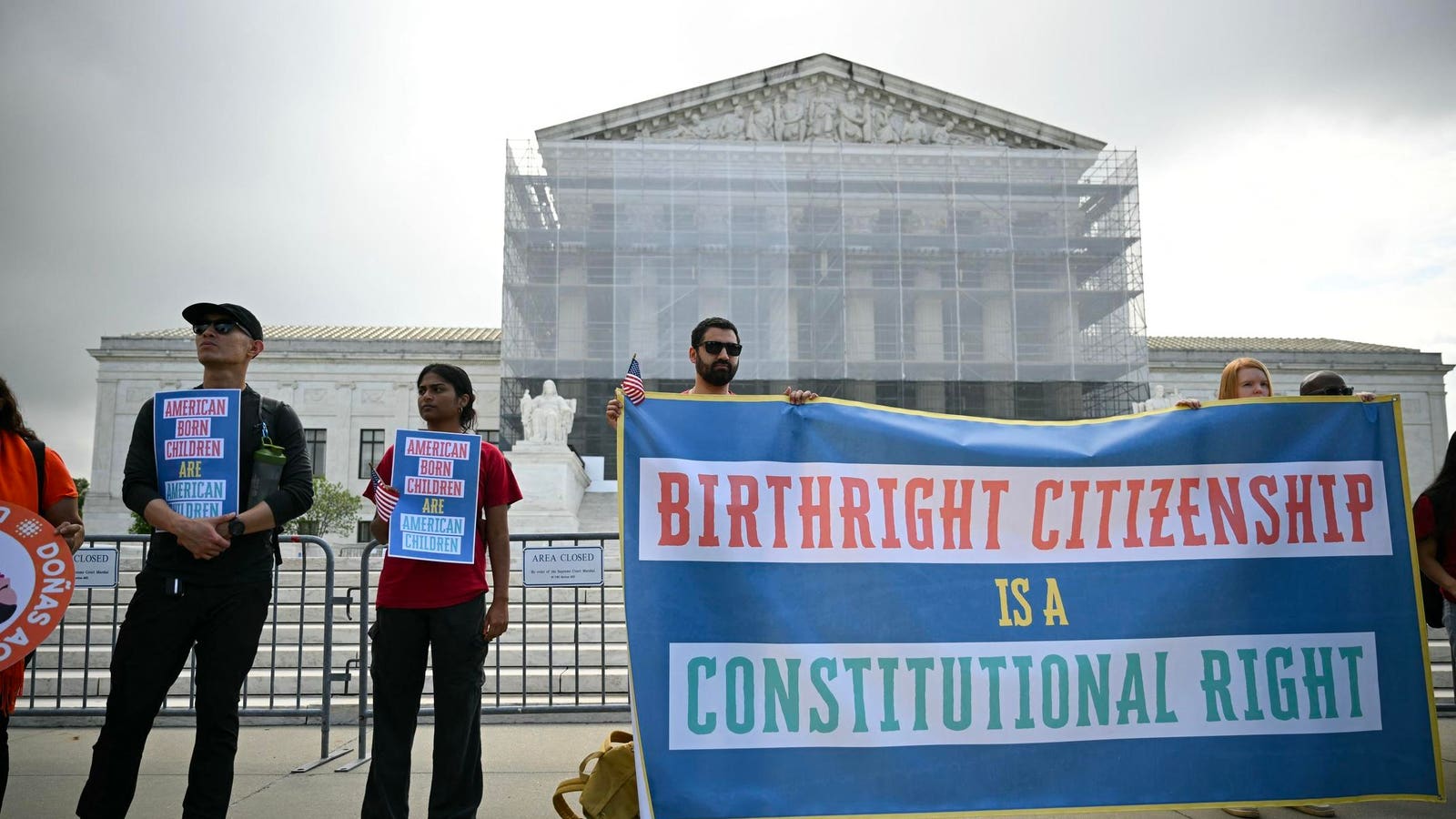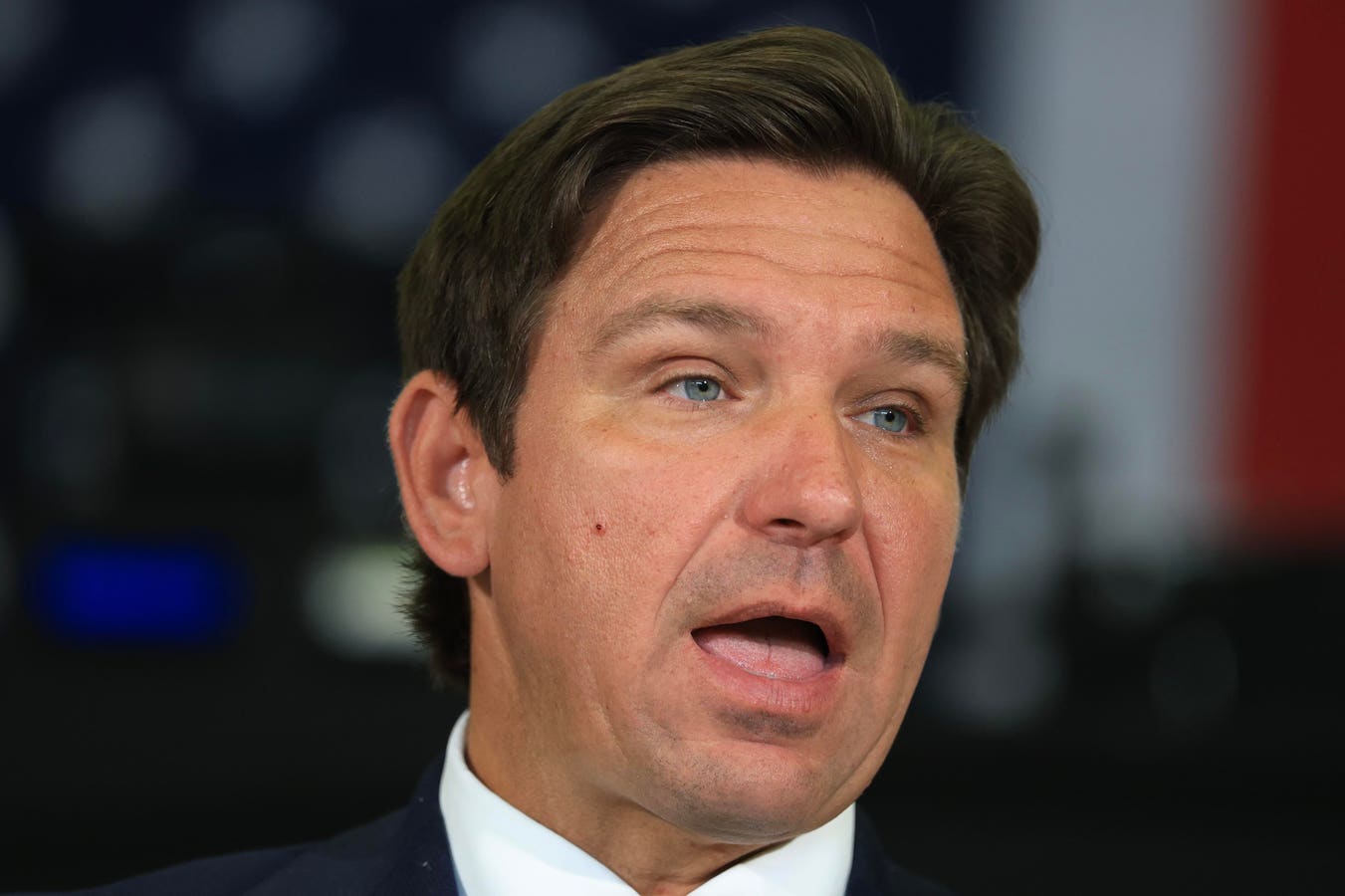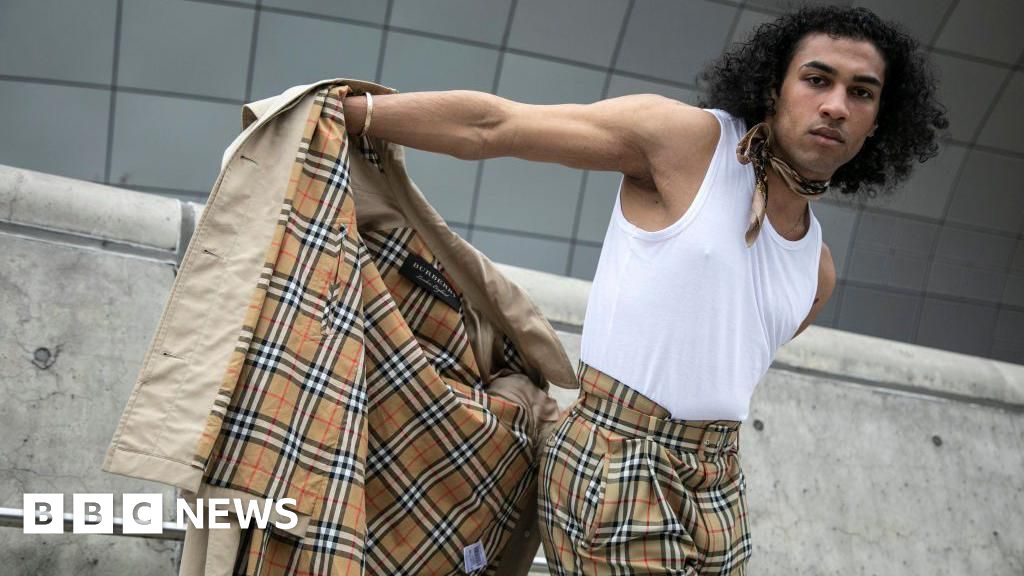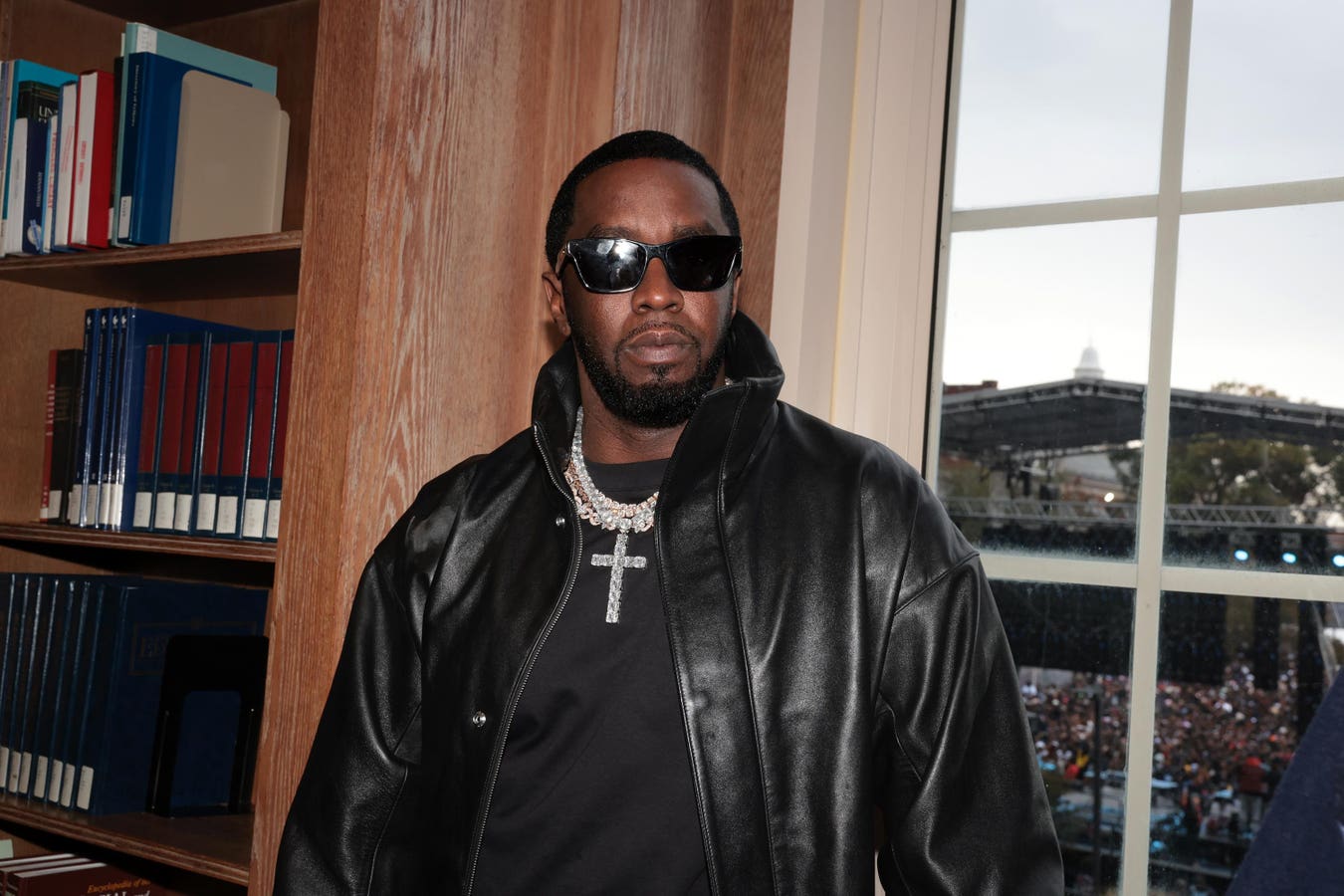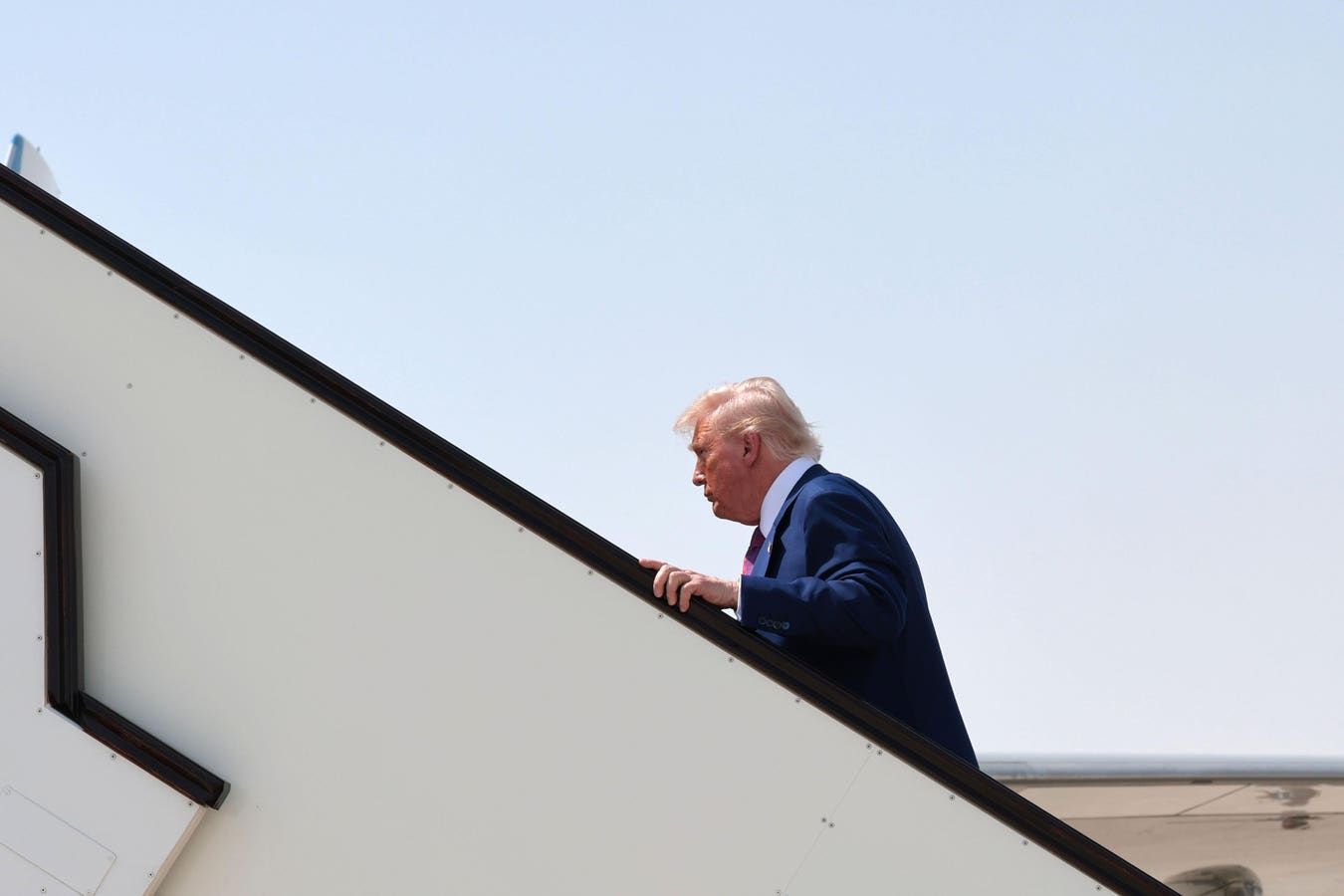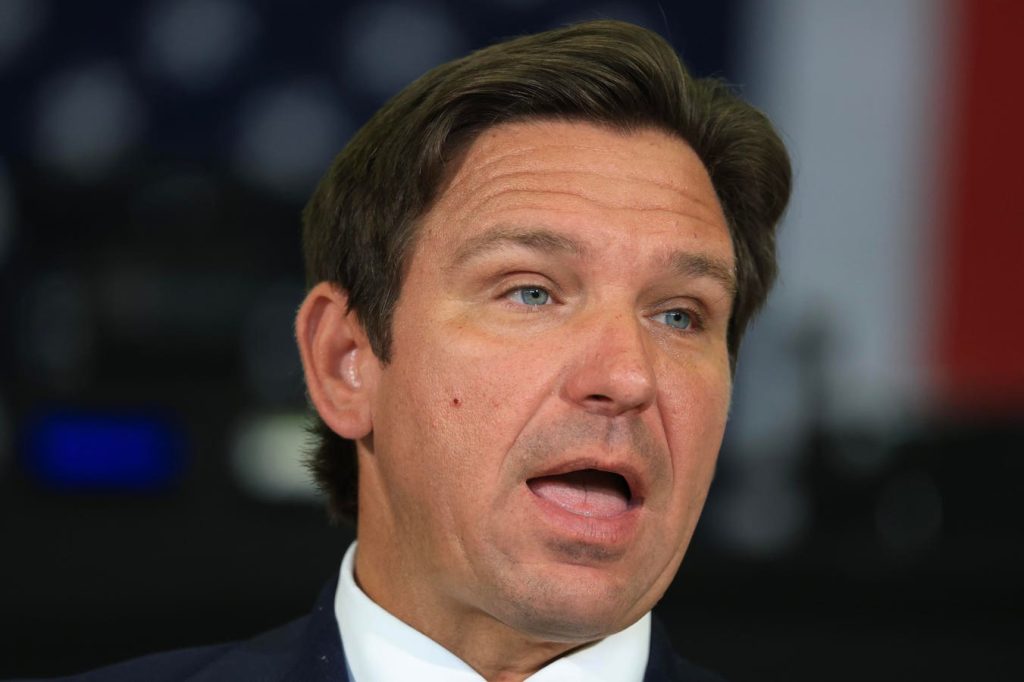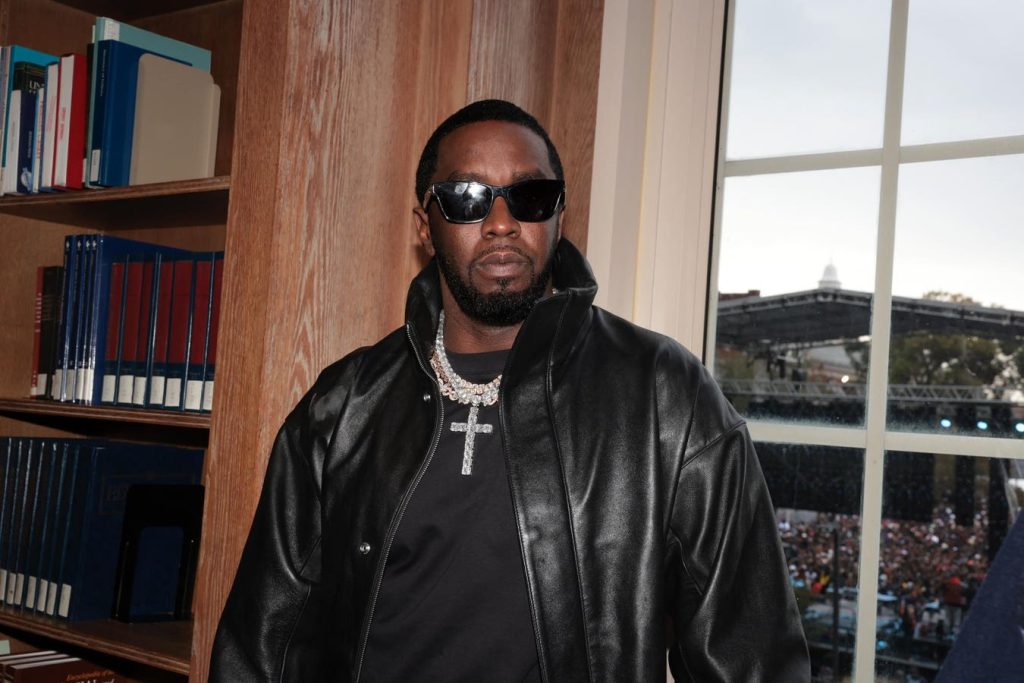Topline
The Supreme Court heard oral arguments Thursday on the legality of President Donald Trump’s executive order restricting birthright citizenship and whether courts in a single state or district can block policies nationwide, with justices suggesting that while they have strong concerns about letting Trump’s birthright citizenship order take effect, they could limit when judges can issue sweeping orders.
Protesters against President Donald Trump’s move to end birthright citizenship stand outside the … More Supreme Court in Washington, DC, on May 15.
Key Facts
The Supreme Court heard oral arguments in a group of consolidated lawsuits challenging Trump’s birthright citizenship order, which rescinds birthright citizenship for children born in the U.S. if their parents are not citizens or permanent U.S. residents and, critics argue, clearly violates the 14th Amendment granting citizenship to “all persons born or naturalized in the United States, and subject to the jurisdiction thereof.”
The court also more broadly considered nationwide injunctions that allow judges in a single court to block policies nationwide, as judges have used those injunctions to unilaterally block numerous Trump administration policies since the president took office.
No justice explicitly supported the Trump administration’s claims that birthright citizenship can be restricted, with Justice Sonia Sotomayor arguing the president’s order violates the “plain meaning” of the Constitution and Justice Elena Kagan noting “every court is ruling against” the Trump administration on the issue and arguing that any individual who brings a case against the order is “going to win.”
Multiple justices also brought up issues that could transpire should birthright citizenship be blocked in some states but not others, and Justice Ketanji Brown Jackson said outlawing nationwide injunctions could create a “catch-me-if-you-can” scenario in which the Trump administration could implement policies that are blatantly unlawful, but keep enforcing them “until everyone who is potentially harmed by it figures out how to file a lawsuit [or] hire a lawyer.”
Justices seemed skeptical of both totally allowing or totally opposing nationwide injunctions, raising possibilities like class-action lawsuits as ways that plaintiffs could get around needing a nationwide injunction while also acknowledging the issues with banning the practice entirely, with conservative-leaning Justice Clarence Thomas asking whether the “pragmatic considerations and policy considerations” of needing some policies to be blocked nationwide should “override” his concerns that nationwide injunctions weren’t used so often until relatively recently.
That suggests justices could allow nationwide injunctions in some cases where they’re the only way to provide “complete relief” to the parties in the case or are the only workable solution logistically, such as the birthright citizenship case, but restrict them from being used as often as they are now—a solution that even the states that brought the lawsuit against the Trump administration suggested they would support.
When Will The Supreme Court Rule?
The Supreme Court is expected to issue its ruling by the time the court’s term ends in late June.
Tangent
Justice Amy Coney Barrett also questioned the Trump administration about its adherence to lower court orders, as Democrats and other Trump critics have broadly decried the Trump administration for appearing to defy court rulings, primarily on immigration topics. (The Trump administration has denied intentionally violating any rulings.) Barrett asked Solicitor General Dean John Sauer, who argued on the government’s behalf, about whether the Trump administration believes it doesn’t have to follow judgements from federal appeals courts that it disagrees with. “Generally, we follow them,” Sauer said, suggesting there could be rare situations in which the government would not respect a lower court’s judgement.
What Have Legal Experts Said About The Case?
Legal experts have broadly rejected the Trump administration’s argument for its birthright citizenship order and the government’s legal stance, which claims the clause saying citizenship is granted to people who are “subject to the jurisdiction thereof” excludes non-citizens. That’s been decried as a “lunatic fringe argument,” as law professor Margaret Stock described it to NPR in 2018. “The argument is either a crazy theory or dishonest interpretation of the Constitution,” Harvard Law School professor Gerald Neuman told Harvard Law Today in January. Legal experts are more divided on the question of nationwide injunctions, however, noting there are legal arguments that support both allowing and outlawing them. “I haven’t seen good evidence that Congress intended to confer this authority on the district courts,” University of Michigan Law School professor Nicholas Bagley told Politico about nationwide injunctions, though he still opposed the birthright citizenship order.
Crucial Quote
Trump lashed out against birthright citizenship on Truth Social on Thursday ahead of the court’s oral arguments, calling it “yet another point that leads to the dysfunction of America” and writing, “Birthright Citizenship was not meant for people taking vacations to become permanent Citizens of the United States of America, and bringing their families with them, all the time laughing at the ‘SUCKERS’ that we are!” The president also falsely alleged the U.S. is the only country with birthright citizenship; it is actually one of about 30 countries with the policy.
Key Background
Trump’s birthright citizenship order came to the Supreme Court after multiple judges repeatedly blocked his executive order in court. No judge has ruled in favor of it. The executive order was one of the first Trump issued after his inauguration in January, and is one of dozens of policies and actions that have faced legal challenges. The slew of court rulings against Trump administration policies has sparked widespread resistance on the right to courts and judges who rule against the president, as Trump and his allies have called for judges to be impeached and claimed judges cannot hamstring Trump’s executive power. Republicans in Congress have also introduced legislation that would limit courts’ ability to issue nationwide injunctions, which passed the House in April but faces longer odds in the Senate, where 60 votes are needed to pass it.

